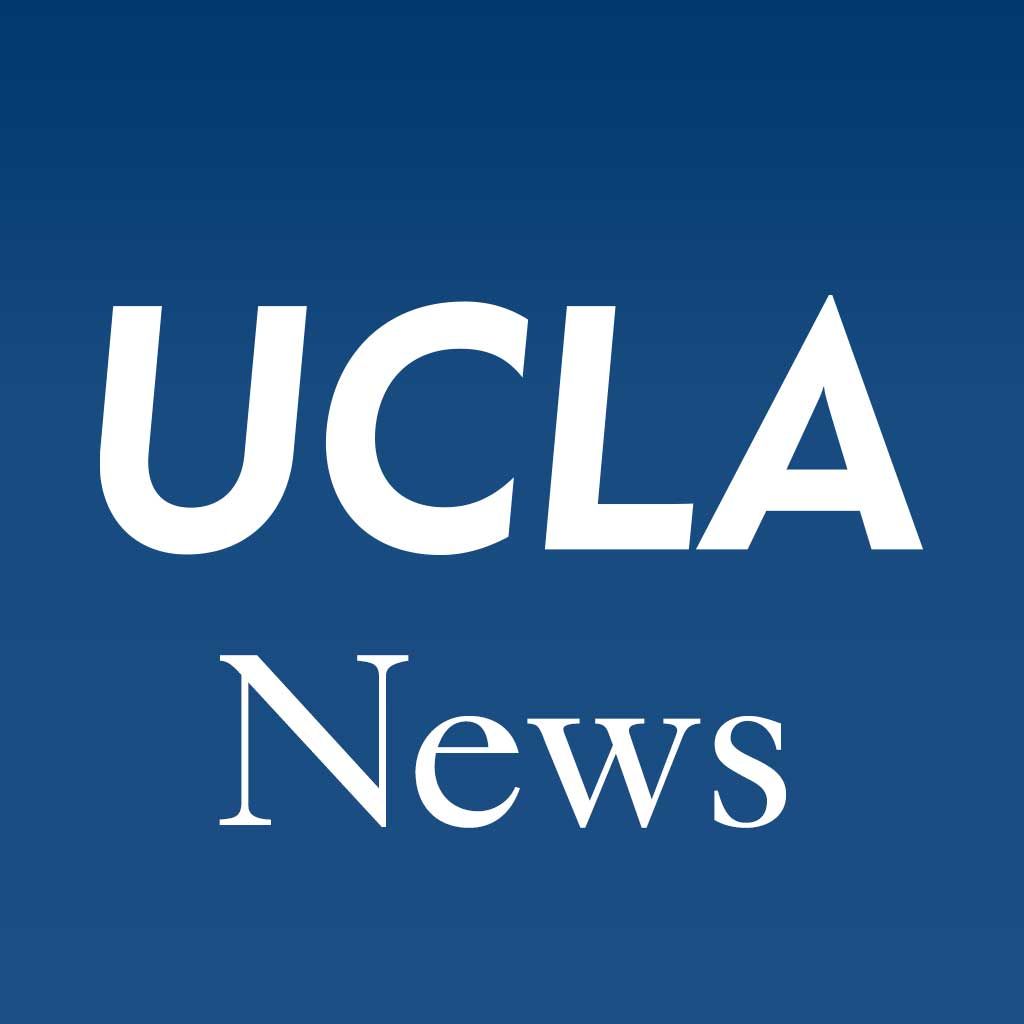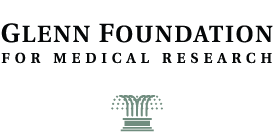NEWS
 July 7, 2021: Thomas Rando named director of UCLA Broad Stem Cell Research Center
July 7, 2021: Thomas Rando named director of UCLA Broad Stem Cell Research Center
Dr. Thomas Rando, a renowned neurologist and stem cell biologist, has been named director of the Eli and Edythe Broad Center of Regenerative Medicine and Stem Cell Research at UCLA. Read more
 April 7, 2021: Can Blood from Young People Slow Aging? Silicon Valley Has Bet Billions It Will
April 7, 2021: Can Blood from Young People Slow Aging? Silicon Valley Has Bet Billions It Will
The idea that aging and illness go hand and hand is, of course, nothing new. What’s new is the newfound confidence of scientists that “aging” can be measured, reverse-engineered and controlled. Read more
 March 26, 2021: The Epigenetics of Aging: What the Body’s Hands of Time Tell Us
March 26, 2021: The Epigenetics of Aging: What the Body’s Hands of Time Tell Us
We’ve all met older adults who seem younger, whose bodies and brains seem decades nimbler than their actual ages, and wondered, “What makes them different?” Despite the wide range of supplements and related products that claim, without scientific evidence, that they can turn back the years, the key to foiling Father Time may lie in the field of epigenetics. Read more
 July 15, 2020: New CZ Biohub Research Advances Understanding of Aging
July 15, 2020: New CZ Biohub Research Advances Understanding of Aging
Two scientific papers published in today’s online issue of Nature mark a dramatic step forward in our understanding of the cellular details of aging. Read more
 July 2, 2020: Blood-Brain Barrier Surprise: Proteins Flood into Young Brain
July 2, 2020: Blood-Brain Barrier Surprise: Proteins Flood into Young Brain
The blood-brain barrier keeps most plasma proteins out of the brain, but becomes leaky with age and in Alzheimer’s. Or so scientists thought. In the July 1 Nature, researchers led by Tony Wyss-Coray at Stanford University turn this idea on its head. They found that in young healthy mice, the blood-brain barrier allows in large quantities of endogenous plasma protein via receptor-mediated transport. Read more
 June 26, 2020: Chan Zuckerberg Initiative awards $1.49 million to Stanford researchers
June 26, 2020: Chan Zuckerberg Initiative awards $1.49 million to Stanford researchers
The Chan Zuckerberg Initiative has awarded $1.49 million to research projects involving Stanford Medicine scientists who will investigate emerging ideas about the role of inflammation in disease. Read more
 April 30, 2020: The Cutting Edge of Life
April 30, 2020: The Cutting Edge of Life
Aging is the result of the deterioration of cells. By reprogramming cells to an embryonic state, we can effectively reverse aging affects in human cells. This scientist wants to cure aging, which would eliminate arthritis, osteoporosis, and other diseases that appear later in life. Listen
 April 23, 2020: 15 Stanford faculty members elected to the American Academy of Arts and Sciences
April 23, 2020: 15 Stanford faculty members elected to the American Academy of Arts and Sciences
15 Stanford faculty elected to the American Academy of Arts and Sciences, one of the country’s oldest and most prestigious honorary learned societies, are scholars in the fields of education, performing arts, economics, law and mathematics.Full article
 April 13, 2020: Exercise restores youthful properties to muscle stem cells of old mice
April 13, 2020: Exercise restores youthful properties to muscle stem cells of old mice
The researchers also identified a molecular pathway involved in turning back the clock on the cells. Drugs that could manipulate the pathway might be an effective substitute for exercise, they suggest. Full article
 February 21, 2020: Scientists find clues to how tiny fish ‘pauses’ its life
February 21, 2020: Scientists find clues to how tiny fish ‘pauses’ its life
The researchers also identified a molecular pathway involved in turning back the clock on the cells. Drugs that could manipulate the pathway might be an effective substitute for exercise, they suggest. Full article
 December 5, 2019: Stanford scientists reliably predict people’s age by measuring proteins in blood
December 5, 2019: Stanford scientists reliably predict people’s age by measuring proteins in blood
Protein levels in people’s blood can predict their age, a Stanford study has found. The study also found that aging isn’t a smoothly continuous process. Full article
 July 3, 2019: Immune cells invade aging brains, disrupt new nerve cell formation
July 3, 2019: Immune cells invade aging brains, disrupt new nerve cell formation
Stanford researchers have found intrusive immune cells in a place in the brains of humans and older mice where new nerve cells are born. The intruders appear to impair nerve cell generation. Full article
 May 14, 2019: Thwarting a Protein Reverses Brain Decline in Aged Mice
May 14, 2019: Thwarting a Protein Reverses Brain Decline in Aged Mice
Something in elderly blood is bad for brains. Plasma from old mice or humans worsens cognition and biological indicators of brain health, when infused into young mice. Full article
 February 2, 2019: Four faculty members appointed to endowed professorships
February 2, 2019: Four faculty members appointed to endowed professorships
Timothy Cornell, Kevin Shea, Joanna Wysocka and Tony Wyss-Coray have been appointed to endowed professorships.
Full article
 December 4, 2018: Honeybee protein keeps stem cells youthful
December 4, 2018: Honeybee protein keeps stem cells youthful
An active protein component of royal jelly helps honeybees create new queens. Stanford researchers have identified a similar protein in mammals, which keeps cultured embryonic stem cells pluripotent. Full article
 November 14, 2018: $9.6 million grant to fund research on vascular risk factors for brain aging, dementia
November 14, 2018: $9.6 million grant to fund research on vascular risk factors for brain aging, dementia
The Stanford project, led by neuroscientists Tony Wyss-Coray and Marion Buckwalter, will focus on the influence of immune factors and systemic inflammation on the brain. Full article
 November 12, 2018: Time Magazine’s 50 Most Influential People in Health Care
November 12, 2018: Time Magazine’s 50 Most Influential People in Health Care
Tony Wyss-Coray, from Stanford University, found that stitching together young and old mice to join their blood systems improved the older mice’s cognition. Startups began offering unproven “fountain of youth” blood-plasma infusions, but Wyss-Coray co-founded a company, Alkahest, to scientifically test the idea in people with early Alzheimer’s. Encouraged by early results, he now hopes to refine a blood-plasma treatment for aging brains. Full article
 November 2, 2018: Eight scientists awarded NIH grants for high-risk, high-reward research
November 2, 2018: Eight scientists awarded NIH grants for high-risk, high-reward research
The Stanford scientists will receive $32 million over five years to fund explorations of cancer, the brain, the aging process, chromosomes and the development of cells. Full article
